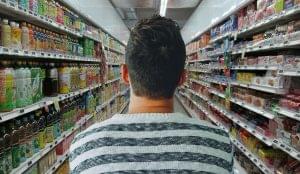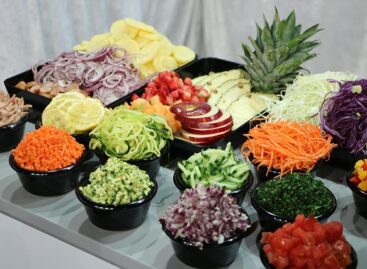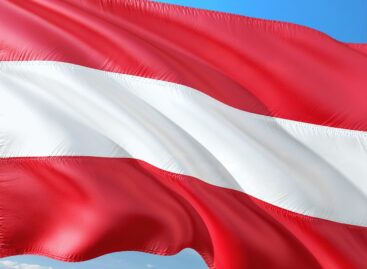Food can be given an eco-label so that we know what it really costs to buy it
Until now, many customers would have been curious about the environmental impact of each food item they purchased. It seems that thanks to an innovation, the truth may soon be revealed.

With the help of the innovation, anyone can find out how much their purchase burdens their environment and can change some of their consumer habits based on this. (Photo: Pixabay)
Ecolabelling is based on special databases in which scientists have estimated the composition of thousands of food and processed products and their impact on the environment. Professor Peter Scarborough, from the University of Oxford, said that he hopes that the research will have real results and that they will be able to create an eco-labeling system for customers. However, the scientist would consider it a really good result if the research was used by the food industry, thereby reducing their ecological footprint. The Oxford research team assessed the composition and environmental impact of around 57,000 foods and drinks currently available in supermarkets in the UK and Ireland. These values were compared with the most important environmental protection metrics showing the effects of cultivation methods, processing, and transportation. These include the level of greenhouse gas emissions and their impact on nature. Based on this data, the algorithm developed by the scientists assigned an eco score to each product.
The higher the value, the bigger the problem it causes
If a product achieves a high score based on the algorithm, it means that it has a greater impact on the environment. Such products are foods containing processed meat or milk. At the same time, the more vegetable ingredients a food contains, the less points the system assigns to it. Interestingly, there is also a discrepancy between the scores within the individual product categories, which may result from differences between the recipes.
Related news
Hungarian vacuum technology could revolutionize space nutrition
🎧 Hallgasd a cikket: Lejátszás Szünet Folytatás Leállítás Nyelv: Auto…
Read more >Austria to halve VAT on select food prices funded by plastics tax
🎧 Hallgasd a cikket: Lejátszás Szünet Folytatás Leállítás Nyelv: Auto…
Read more >More new products
The Store of the Future opens again at the SIRHA Budapest exhibition! (Part 3)
🎧 Hallgasd a cikket: Lejátszás Szünet Folytatás Leállítás Nyelv: Auto…
Read more >









